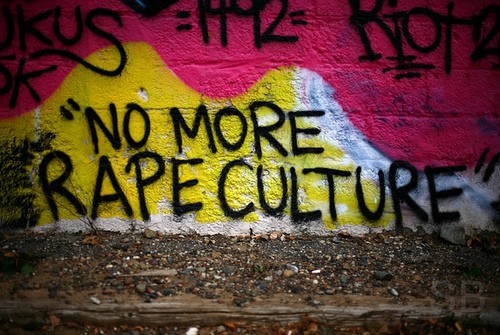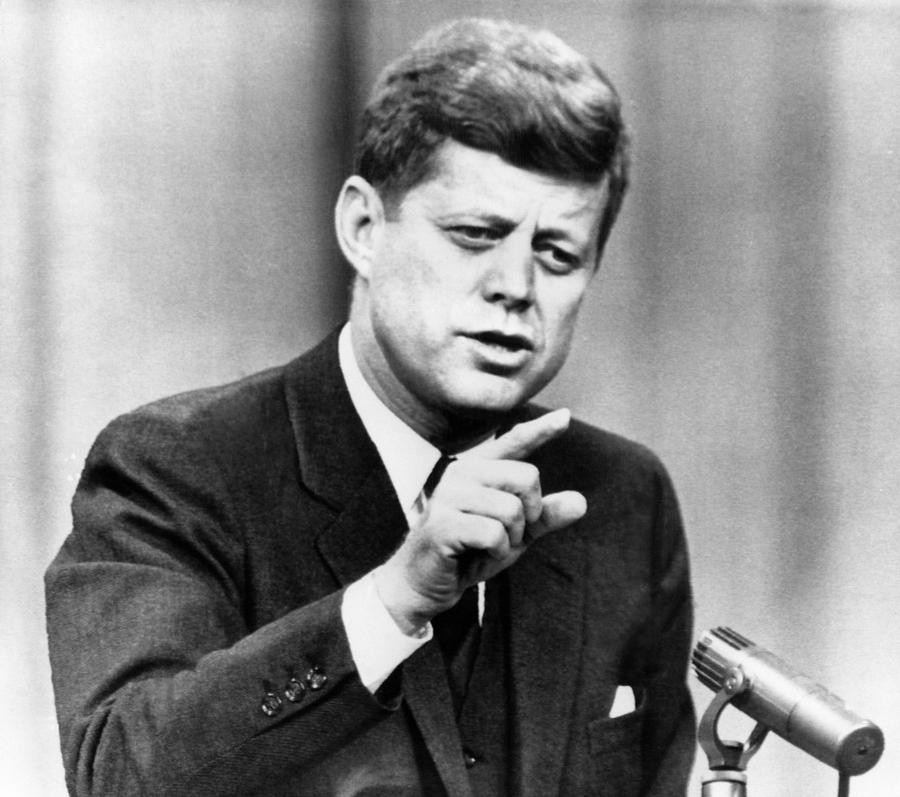Republican presidential candidate Donald Trump says that if he had been present for the Paris terror attacks, he would have personally shot the attackers. “I’m licensed to carry,” he explains. “If I were there, if somebody were there, if we had some firepower in the opposite direction, those people would’ve been gone.” Such shoot-from-the-hip rhetoric, which has swollen Trump’s poll numb

ers, has defied conventional wisdom about what you can let your id blurt out on the campaign trail.
Much attention and analysis — too much — has been commmited to the bizarre phenomenon of a bombastic, self-promoting reality-TV star and real estate mogul capturing Republican primary voters’ hearts by spurning traditional scripts. But that’s the point with Trump. We need to think about him not through the frameworks of politics or how the mainstream news media cover current affairs. Rather, we must recognize that Trump is a canny performer who taps into enduring fantasies Americans have imbibed for decades — not from the news or political talk shows, but from TV, movie, and console screens.
Too often we forget how political values are embedded in and advanced by what passes for “just entertainment.” Some of these values are progressive, others quite regressive, but a persistent trope is that there are simple solutions to complex problems.
One incarnation of this fantasy, a noble one, is about politicians speaking truth to power and, in the end, redeeming national politics. This is the Mr. Smith Goes to Washington dream, in which James Stewart takes on the press (to one reporter, “Why don’t you tell the truth for a change?”) and corrupt politicians, filibustering for truth and decency on the Senate floor and shaming a colleague into confessing his wrongdoing. An impressed radio commentator casts him as “one lone and simple American holding the greatest floor in the land. What he lacked in experience, he’s made up in fight.” Only an outsider could see and speak the truth.
A more recent version of this fantasy was Warren Beatty’s 1998 film, Bulworth, in which a corrupt politician, thinking he’s about to die, spouts obscenity-laced raps about almost every injustice he sees — from the mass incarceration of black men to the need for socialism — and experiences a spike in his popularity as a result. While these media dreams, which Trump both channels and perverts, speak to our better angels, a lone hero simply speaking his “truth” to the establishment has rarely, by itself, changed anything.
Another version of this mass-entertainment fantasy exploited by Trump features the tough, massively armed lone hero — think Die Hard, or most Schwarzenegger films — who triumphs against murderous hordes, be they terrorists, criminals, or foreign armies. In her 1993 book, Hard Bodies, Susan Jeffords laid out how these action films of the 1980s meshed beautifully with both Ronald Reagan’s cowboy image and his foreign policy stances, and came to stand for a vision of our national character as “heroic, aggressive and determined.” As Trump proclaimed in a recent Republican debate, “We need toughness. We need strength.”
Trump also relentlessly promotes the delusion that stereotypes are true and thus should guide our public policies. For most Americans, entertainment and news media are the primary sources of information about Arabs and Muslims (two groups that are often conflated). What they see, overwhelmingly, are both groups portrayed as terrorists.
As the author of a 2013 study on stereotypes in video games put it, “Being an Arab video game character is almost synonymous with being a terrorist.” Trump’s proposal to ban Muslims from entering the United States draws from this stereotype to present the illusion that racial profiling is a simple way to keep us safe. Add the proposal to “take out the families” of terrorists and you have a strategy straight from the Godfather movies.
These media-driven, macho fantasies are clearly providing sustenance to some, given the size of Trump’s rallies and his standing in the polls. But they are also why, according to the most recent polls from Wall Street Journal/MSNBC, 56 percent of Americans have a “somewhat negative” or “very negative” view of him; for women 18-49, the “very negative” ratings are 58 percent. In the real world, when politicians pervert “truth telling” to propose violent and hateful policies, fantasy can morph into nightmare.
Susan J. Douglas writes for Featurewell.com.



